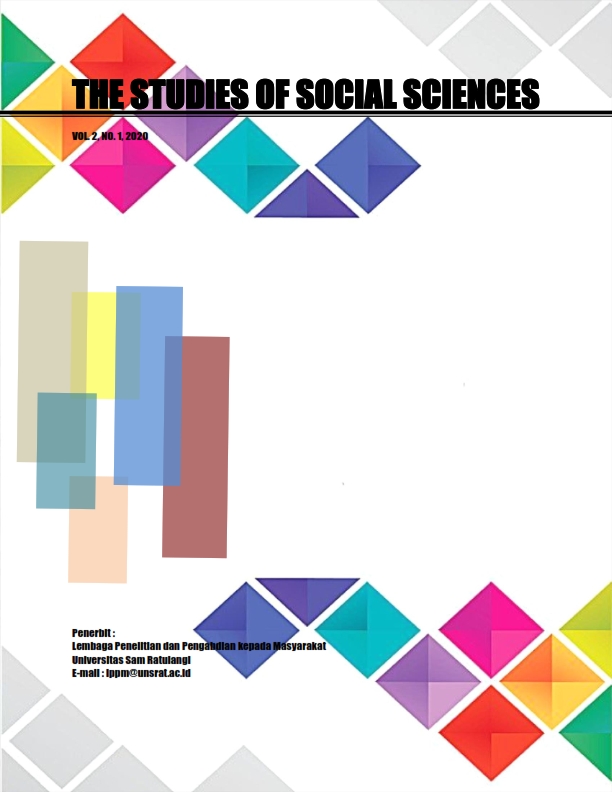PENINGKATAN KAPASITAS PENGELOLAAN BADAN USAHA MILIK DESA (BUMDES) DI DESA KOKA DAN DESA KEMBES 2 KECAMATAN TOMBULU
DOI:
https://doi.org/10.35801/tsss.2020.2.1.26895Keywords:
pengelolaan, pemetaan, potensi desa, BumdesAbstract
Bumdes in Koka and Kembes 2 villages have carried out activities with simple organizing and types of activities that did not go well. The initial capital of Bumdes was not developed and the types of activities were stagnant. The problem is, the management of the activities of Village-Owned Enterprises (Bumdes) in Koka and Kembes Dua Villages, has not run well in accordance with Bumdes management rules issued by the Minister of Villages and Disadvantaged Regions No. 4 of 2015, the business planning process and business feasibility analysis not done so that the selection of business types is done carelessly. The solution that has been implemented is to strengthen the management of the Bumdes to the Bumdes management and village officials so that the government and the Bumdes management will learn about the importance of correct Bumdes management by conducting business planning and business feasibility analysis. The method used is lecture and Focus Group Discusion (FGD) mapping of potential and Bumdes business type selection.
Downloads
Published
How to Cite
Issue
Section
License
Authors who publish with this journal agree to the following terms:
- Authors retain copyright and grant the journal right of first publication with the work simultaneously licensed under a Creative Commons Attribution License (CC BY-SA 4.0) that allows others to share the work with an acknowledgement of the work's authorship and initial publication in this journal.
- Authors are able to enter into separate, additional contractual arrangements for the non-exclusive distribution of the journal's published version of the work (e.g., post it to an institutional repository or publish it in a book), with an acknowledgement of its initial publication in this journal.
- Manuscripts published in print and electronically are open access for the purposes of education, research, and libraries. Apart from these purposes, the editorial board is not responsible for violations of copyright law.






1.gif)



